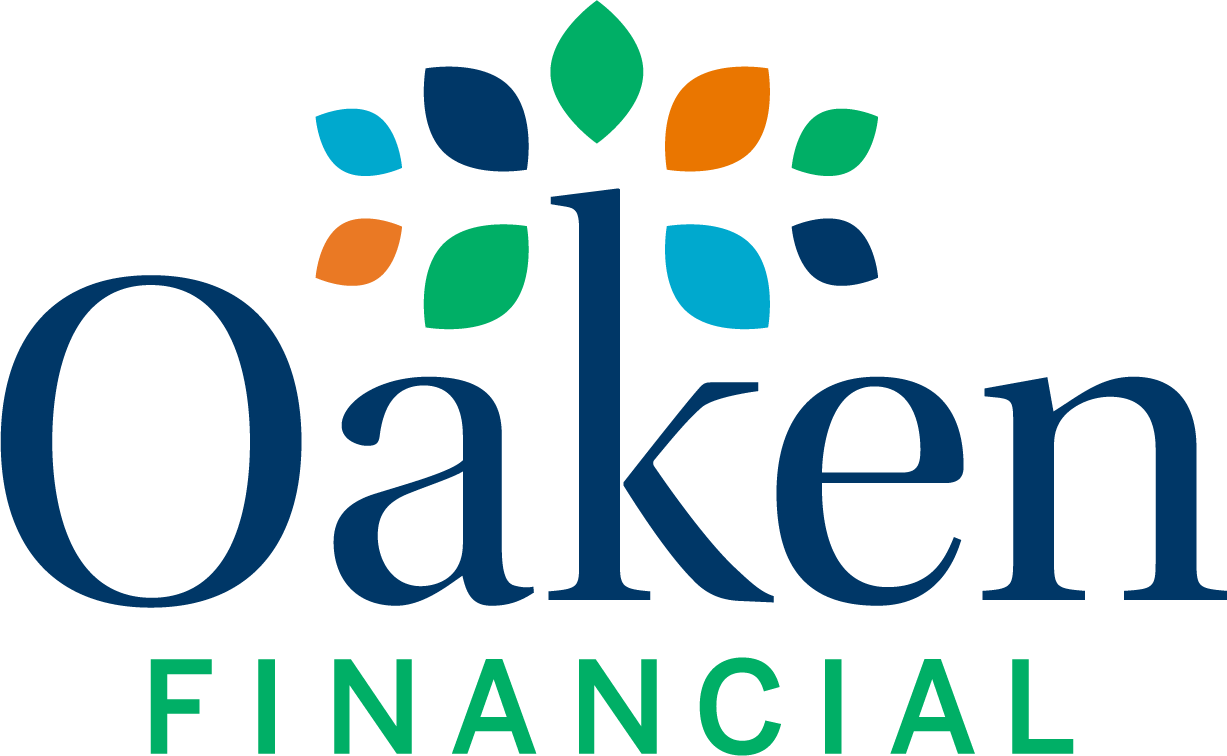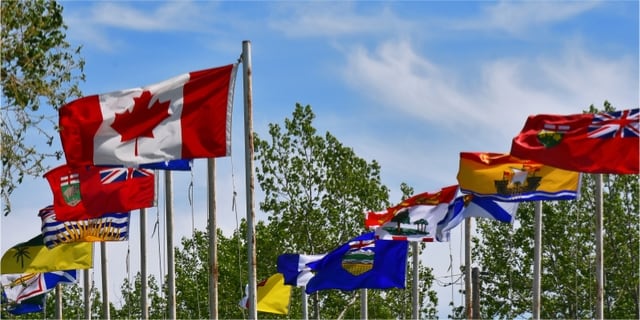Immigrating to a new country is always a tremendous adventure. Putting down roots in a new place requires determination and sacrifice, and it’s a process that can be exciting, scary, confusing and exhilarating. Often, all at the same time.
If you’re a new immigrant to Canada, it’s important to remember that you’re not alone in your challenges. Canada is widely recognized as one of the most immigrant-friendly countries in the world, and every year we welcome between 200,000 and 300,000 newcomers. Millions of people before you have already trodden the path that you’re now on. They made it, and you will too!
Getting started with your finances
We’re fortunate to live in a country with an extremely well-developed financial system. There are 88 banks in Canada, but most banking is conducted by the six largest banks and a number of trust companies. Banking is also to a great extent electronic. Every year Canadians execute over 1.5 billion electronic banking transactions, conducted online or through almost 19,000 automatic banking machines.
In addition to providing basic banking services, such as savings or chequing accounts, banks and trust companies also issue credit cards, loans, mortgages and even insurance products. Customers usually deal directly with their financial institution, but it’s also possible to obtain some products through a broker. Brokers are agents who deal with financial institutions on behalf of customers and try to find them the best deals. This can be a particularly appealing route for newcomers to Canada, since a broker will typically have a better understanding of the Canadian market than a new immigrant.
Financial tips for new immigrants
Your financial future as a newcomer to Canada starts with setting up a bank account. In addition, be sure to apply for other important documents including a social insurance number and health card:
Apply for a Social Insurance Number (needed for employment and receiving government programs and benefits).
Obtain a health card for the province in which you live, as soon as you are eligible.
Apply for the Canada Child Benefit (a tax-free monthly allowance for every child under 18, and is dependent on the parents’ income).
Find an immigrant settlement agency near where you live. They can help you find employment and enrol you in classes to help with your settlement.
The foundation of personal finance: building a credit score
Once you’ve taken care of the basics, it’s time to move on to the tricky challenge of getting credit. Some studies have found that over 90% of new immigrants to Canada encountered problems trying to build a credit history, and many are not even familiar with how the Canadian credit system works. The key is to understand that an individual’s payment history—on everything from credit cards to mortgages—is recorded, and lenders have full access to that information.
One of the quickest ways to build Canadian credit history, is to get a credit card. For those with only a limited credit history, there are financial institutions that provide cards specifically for applicants looking to establish their credit reliability. They may require a deposit to secure the borrowing against the card, but the ability to build up a history of steady payments will pay off big down the road, in the form of greater access to credit at lower cost.
Remember as well that once you have a credit card, you need to use it responsibly! Many new immigrants think that they should only draw on credit in an emergency, but that’s a mistake. Simply having a card doesn’t establish a credit history. What matters is the payment and balance record associated with it, and only by regularly using the card responsibly can a cardholder obtain a good credit score.
Look for support
Your financial institution can help you get on your feet with things like banking and credit. But if you’re a new immigrant, you’ll also be preoccupied about other things, such as housing, jobs, schools, free courses, benefits, and everything else that makes up daily life in a new country. Fortunately, there’s plenty of support available. There are lots of organizations for newcomers in Canada that deal specifically with their needs, from volunteer groups and community associations, to religious institutions and government agencies. Seek them out to make the transition to Canada easier, and take heart from the many others who have come before you and made Canada their new home!




 Travel and lifestyle
Travel and lifestyle